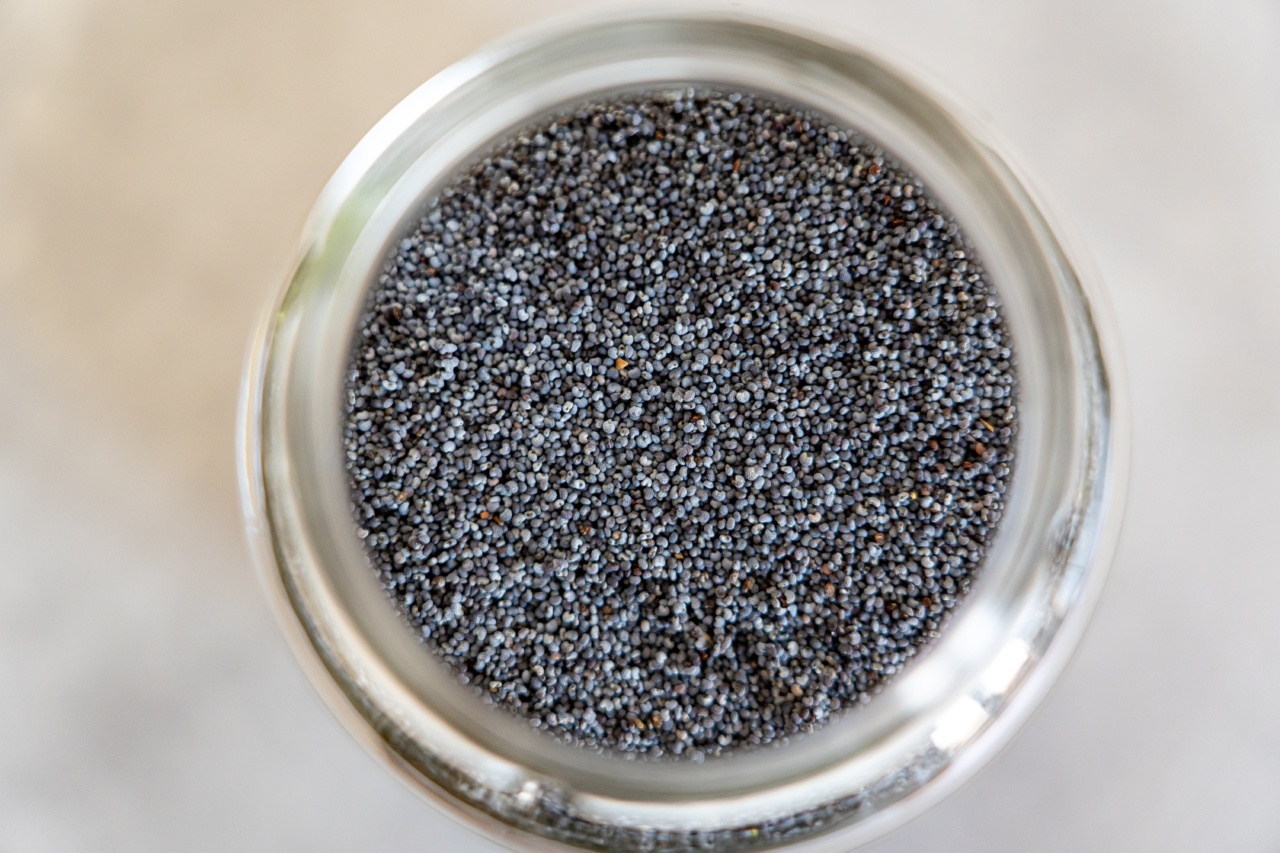When it comes to maintaining optimal health and promoting weight loss, most people understand the importance of a balanced diet. However, there are two key components of a healthy diet that often get overlooked: fiber and protein.
What is Fiber?
Fiber is a type of carbohydrate found in plant-based foods. Unlike other carbs, fiber cannot be broken down into sugar molecules and absorbed into the bloodstream. Instead, it passes through the digestive system mostly intact.
There are two types of fiber:.
- Soluble fiber: This type of fiber dissolves in water and forms a gel-like substance in the gut. It can lower cholesterol levels and regulate blood sugar levels.
- Insoluble fiber: This type of fiber doesn’t dissolve in water and adds bulk to the stool. It helps prevent constipation and promotes regular bowel movements.
What is Protein?
Protein is a macronutrient that is essential for building and repairing tissues in the body. It’s made up of amino acids, which are the building blocks of protein.
Protein is found in many different types of foods, including meat, poultry, fish, dairy, eggs, beans, and legumes.
Why is Fiber Important?
Fiber is important for many reasons:.
- Blood sugar regulation: Soluble fiber slows down the absorption of sugar into the bloodstream, which can help regulate blood sugar levels and prevent spikes and crashes.
- Cholesterol reduction: Soluble fiber can also help lower cholesterol levels by binding to bile acids in the gut and removing them from the body.
- Weight management: Fiber adds bulk to the diet and helps increase feelings of fullness, which can lead to fewer calories consumed overall.
- Heart health: A diet high in fiber has been linked to a reduced risk of heart disease and stroke.
- Bowel health: Insoluble fiber adds bulk to the stool and promotes regular bowel movements, which can help prevent constipation and other digestive issues.
Why is Protein Important?
Protein is important for many reasons:.
- Tissue repair and growth: Protein is essential for building and repairing tissues in the body, including muscles, bones, and skin.
- Hormone production: Protein is necessary for the production of many hormones, including insulin and growth hormone.
- Enzyme production: Enzymes are proteins that catalyze chemical reactions in the body and are essential for many important processes, including digestion.
- Immune function: Protein is necessary for the production of antibodies, which help fight off infection and disease.
- Satiety: Protein is a highly satiating nutrient, which means it can help increase feelings of fullness and reduce overall calorie intake.
Which is More Important?
Both fiber and protein are important for overall health and weight management, but they serve different functions in the body.
If you are trying to lose weight, increase feelings of fullness, and regulate blood sugar levels, then fiber may be more important for you. Aim to eat a variety of high-fiber foods, such as fruits, vegetables, whole grains, nuts, and seeds.
If you are trying to build muscle, repair tissue, and support immune function, then protein may be more important for you. Aim to eat a variety of high-protein foods, such as meat, poultry, fish, dairy, eggs, beans, and legumes.
Ultimately, the key to a healthy diet is balance. Try to eat a variety of nutrient-dense foods that contain both fiber and protein, along with healthy fats and other essential nutrients.
Conclusion
Fiber and protein are both important for overall health and weight management, but they serve different functions in the body. Aim to eat a variety of high-fiber and high-protein foods as part of a balanced diet.
Remember to drink plenty of water to help the body digest and absorb these important nutrients.






























